Future Apple Vision Pro could help the user get life-saving medical advice
Apple is developing technology for wearable devices like Apple Vision Pro that measure and monitor biometric data and location to provide tailored and potentially lifesaving advice.
An Apple patent, "Method and device for health monitoring," describes a system for monitoring a user's biometric data to display suggestions and guidance in a mixed-reality (MR) system. The implementation of the technology suggests future wearables from Apple that would be worn full-time, like the much-rumored Apple Glasses.
This technology will not only provide individualized suggestions, but just as the Apple Watch has saved people who have fallen or are suffering cardiac events, this technology would monitor activity and location to provide real-time health guidance.
In one example, an MR device could detect that a wearer has forgotten to take their medication and guide them to their prescription bottles. Similarly, the device could detect if a user is dehydrated and prompt them to drink water and guide them to the kitchen.
Assistive technology like this becomes increasingly useful as users age and might allow seniors to maintain their independence. Medication reminders, suggestions about eating and drinking, and other gentile reminders are often performed by health aids, and using a glasses-based device with individualized monitoring would be a tremendous asset.
It's not just seniors who would benefit from assistive technology. In the same way that the Apple Watch monitors heart rate and EKG to provide health-related advice, this device-based health monitoring would provide individualized metrics and allow users to adjust settings and functionality on the fly.
Another example of this Apple tech would have the wearable adjust focus if a user is having trouble seeing. This could benefit people needing reading and distance prescriptions; the glasses could automatically switch focus based on the user's actions.
While not specified in the patent, it's easy to imagine this technology helping in a wide range of conditions where early warnings can prevent injury. A seizure-prone individual may be able to use this biometric evaluation and feedback to detect an oncoming seizure, much like guide dogs do today.
Unlike guide dogs, an MR device could assist in a health event in ways that could be life-saving. MR glasses could warn of upcoming seizures, guide the wearer to a safe space, and call for help.
Likewise, many people who suffer from PTSD-driven panic attacks rely on trained animals to help them safely leave a triggering environment, which this system could do as well. Unlike a guide dog, MR glasses could monitor someone's biometrics to help guide them through calming and meditation.
A wearable MR device would provide real-time reminders and offer assistance. This illustration shows the wearable detecting that a user seems intoxicated and offering to call them a cab.
The device would monitor a wearer's movements and detect the environment to provide this guidance. Someone stumbling at home doesn't need a cab, whereas that guidance could be crucial in a bar or restaurant.
While current MR technology is aimed at productivity and entertainment, a focus on health and well-being shows the possible benefits of an MR system to improve the lives of wearers in more important ways.
This patent is credited to Anslem Grundhoefer, who holds numerous assistive technology patents and is Apple's Vision Products Group.
 David Schloss
David Schloss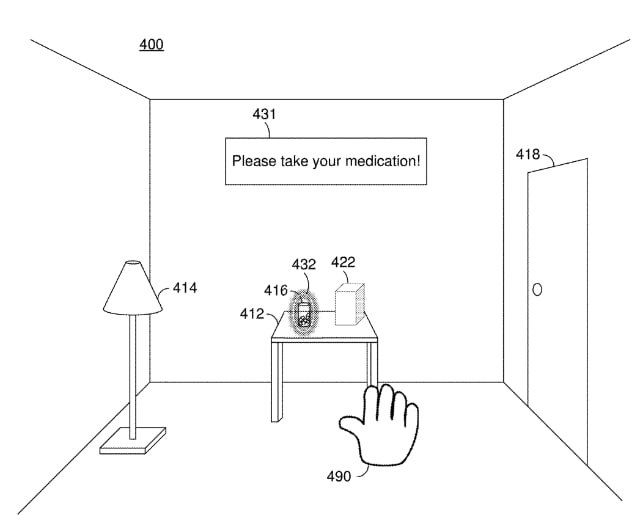
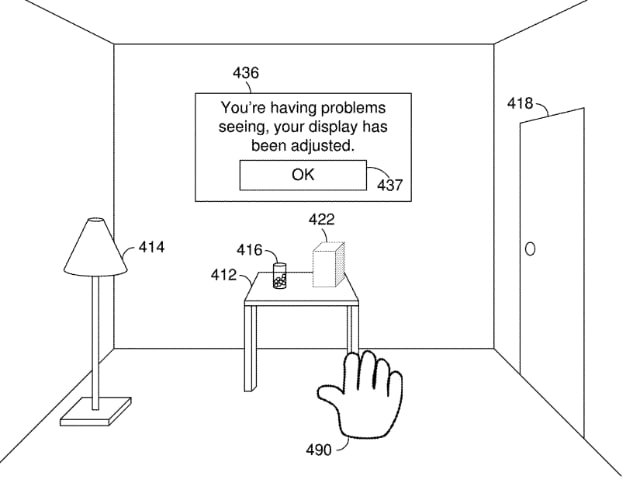
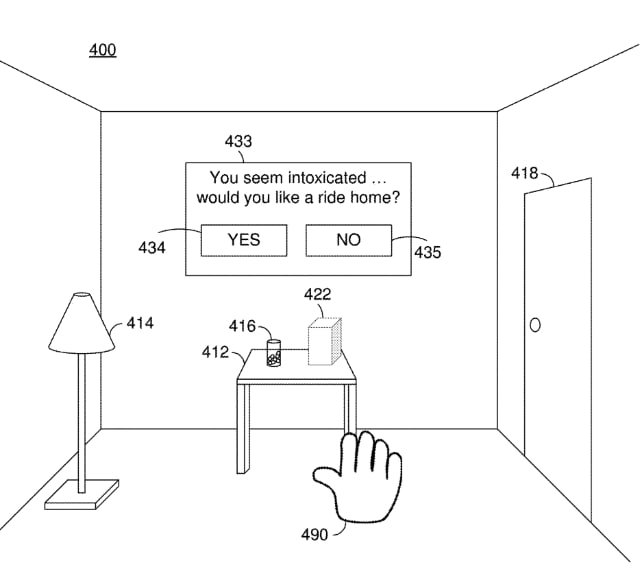
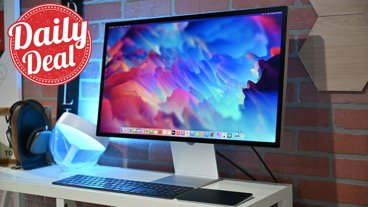

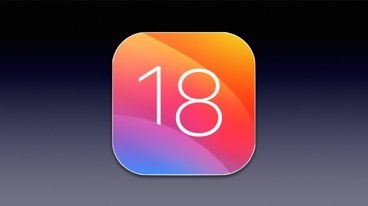
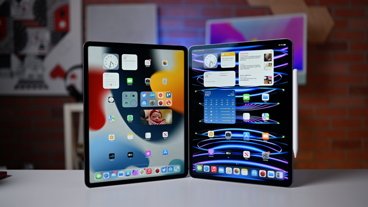
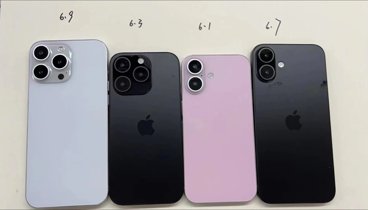








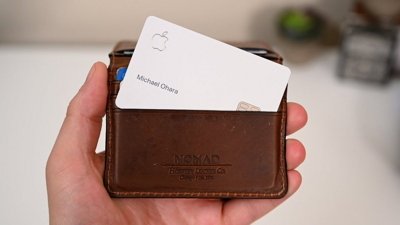
 Andrew Orr
Andrew Orr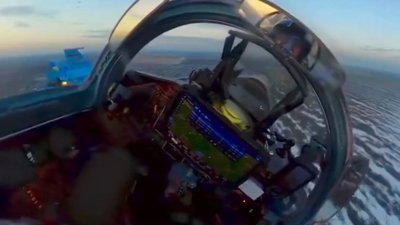
 Mike Wuerthele and Malcolm Owen
Mike Wuerthele and Malcolm Owen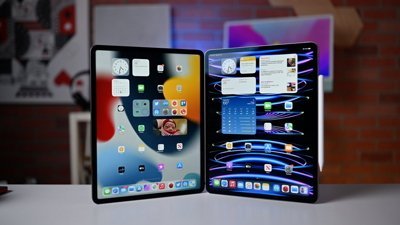
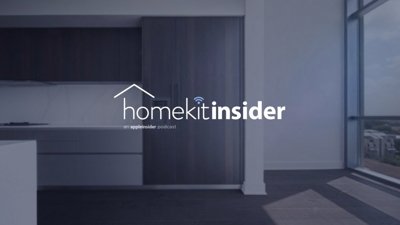
 Andrew O'Hara
Andrew O'Hara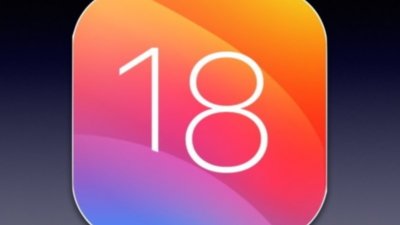
 Charles Martin
Charles Martin
 Malcolm Owen
Malcolm Owen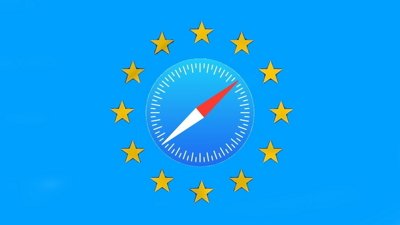
 William Gallagher
William Gallagher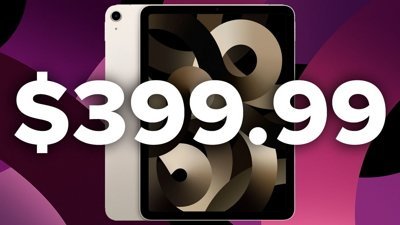
 Christine McKee
Christine McKee





There are no Comments Here, Yet
Be "First!" to Reply on Our Forums ->